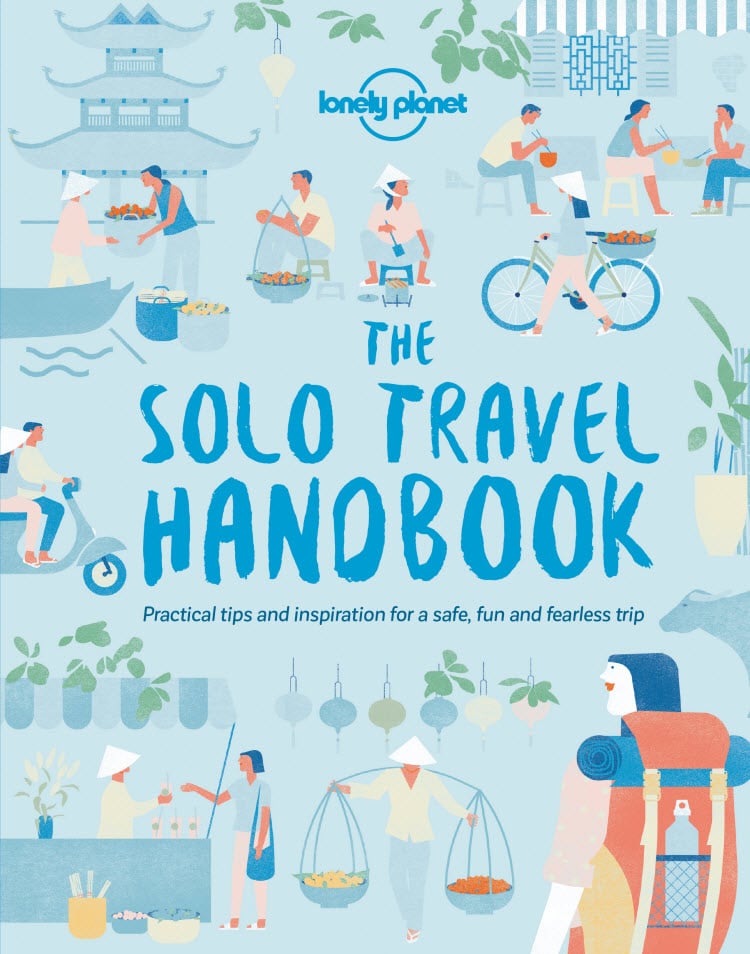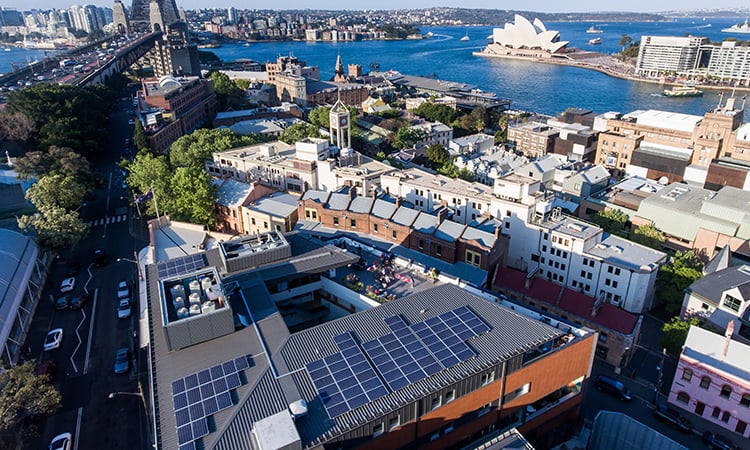10 great ways to be a more responsible traveller

Responsible tourism is all about leaving a positive impact on both the environment and the people who live in the places we choose to visit. Don’t let this concept daunt you – responsible travel is not about limiting ways in which you can explore the world, but opening up more layers of the planet’s amazing potential to surprise and captivate you. Travelling responsibly needn’t have to cost more, nor should it suck the fun out of your adventure. And all it takes to nail it is a little bit of research…
Here's the top 10 tips for being a responsible traveller we found in The Solo Travel Handbook:
1. Educate yourself about your destination and its people.
Learning local language (or dialects) will allow you to have far more positive interactions with the people you meet. Similarly, understanding culture and customs will equip you to behave and dress appropriately, avoiding faux pas and ensuring you can connect respectfully and meaningfully with locals.
2. Choose small group tour operators, which tend to have a lower environmental impact.
Membership of an organisation like the International Ecotourism Society, or in Australia, the ECO Certification program is a good sign that the operator tries to conduct itself in an ecologically responsible manner.
3. Decant toiletries into bottles you can reuse.
Then use these on future trips instead of buying travel-size versions of your favourite products, which can typically end up in landfill. Also, pick biodegradable products! One of the worst offenders among toiletries is exfoliators with 'microbeads'. These microplastics end up clogging up waterways and are extremely harmful to wildlife.
4. Don’t believe what it says on the tin when it comes to ‘eco’ tours and accommodation.
Ask operators to spell out their eco-friendly credentials and initiatives. Do they employ local staff and pay fair wages? Do they adhere to environmental guidelines – if so, whose? As travellers have become increasingly aware and motivated by enviornmental concerns, 'greenwashing' has become common as businesses try to look the part. That's why YHA focuses on real, tangible initatives in its push towards more sustainable travel.

5. Resist the temptation to be wasteful just because you’re on holiday.
Turn off the lights, the TV and the air-con in your hotel room when you’re not using them, and avoid single-use plastic, such as mini bar items, hotel toiletries and cocktail straws. You may think you won't make much of a difference, but every product you consume, and every kW-h of electricity you waste feeds the consumption cycle that ultimately results in more drain on the planet.
6. Avoid tours that promise hands-on interactions with captive wild animals.
In many countries, this means supporting an industry that illegally captures, transports and abuses millions of animals each year. There are exceptions, however, such as animal sanctuaries or shelters that rehabilitate orphaned or mistreated wildlife and offer up-close experiences with their charges as a way to help fund their work. Do your research!
7. Do not give pens, sweets or other gifts to local children – it fosters a begging economy.
If you wish to donate, contact a local school or charitable organisation that can ensure appropriate gifts are distributed to the community. Also – do NOT take pictures of cute kids you see in foreign countries without asking their parents' permission. Better yet, put the camera down and live in the moment!
8. Opt for locally made, sustainably produced souvenirs, which help to preserve local culture.
In the local category, stay away from ancient artefects that have no business being exported, or anything made from endangered plants or animals or unsustainable hardwoods. Additionally, be vigilant for cheap, foreign-made copies of local goods and art; these appropriate and exploit and take money out of the pocked of local industries.
9. Try to eat local, in-season produce in destinations you visit.
Not only does this mean a more authentic dining experience for you, but it saves on the immense amount of fuel expended in the transportation of imported goods. Imagine the carbon miles accrued by a hunk of New Zealand steak served in London!
10. Set a good example to other travellers.
If you see other travellers acting irresponsibly, see if you can politely point them in the right direction. No one likes an evangelist, but they may not even know what they are doing is wrong, and the worst they can do is shrug you off. Remember – it'll probably take more than just you to change their mind, but at least you can get the wheels turning.

You can grab your copy of The Solo Travel Handbook at Lonely Planet's website, as well as all good bookstores.
Learn More
Need more inspiration? Check out our Top ten tips for greener travel
Wondering how YHA fits into all of this? Find out How we're making your trip more sustainable
Help protect the environment
With a donation of $2, you can help fund sustainability projects to reduce the environmental footprints of both our properties and our travellers.
Sustainability at YHA
Properties across our network feature energy-efficient and water-saving features like solar panels, rainwater tanks and recycling facilities.



